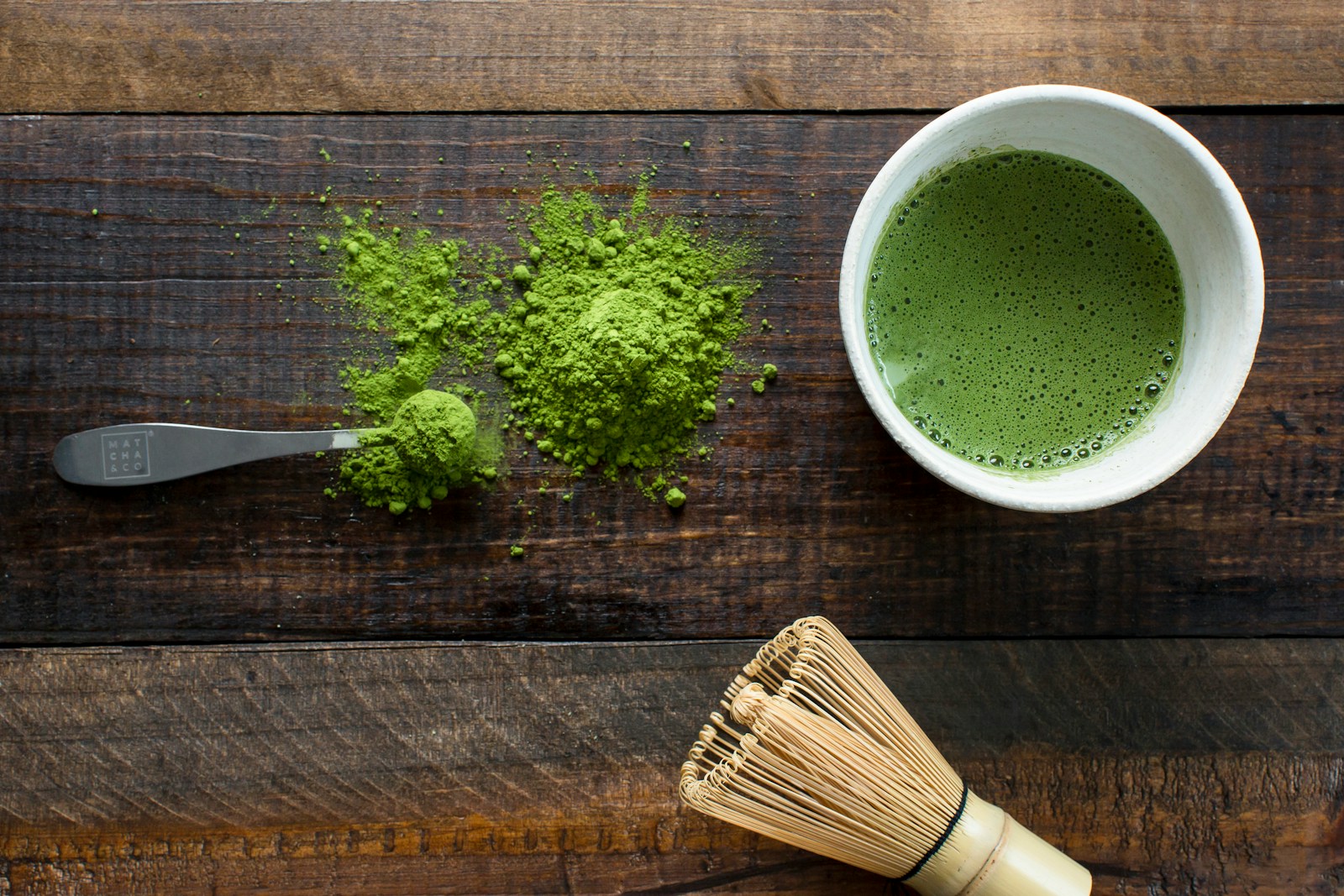![]()
Matcha, a finely ground powder of leaves from the Camellia Sinensis plant, has gained popularity worldwide for its numerous health benefits and unique taste. While matcha is often associated with its potential benefits for overall health, there are concerns about its potential impact on fertility. This article aims to provide a detailed review of the current scientific understanding of the relationship between matcha consumption and fertility.
What is Matcha?
Matcha is a type of green tea that is grown in the shade, which enhances the levels of caffeine, chlorophyll, L-theanine, and catechins (natural antioxidants) in the leaves. These compounds contribute to matcha’s distinct flavor and aroma, as well as its numerous health benefits. Matcha is considered the crème de la crème of teas due to its high concentration of catechins, which are known for their antioxidant and anti-inflammatory properties[1].
Does Matcha Affect Fertility?
The relationship between matcha and fertility is complex and multifaceted. While matcha contains catechins, which are antioxidants that can help reduce oxidative stress, excessive consumption of matcha may have negative effects on fertility.
For women, matcha may potentially reduce iron absorption, which is crucial for menstrual health and fertility. Iron deficiency can lead to lower fertility rates, and excessive matcha consumption could exacerbate this issue. However, there is limited scientific research on the direct impact of matcha on female fertility, and more studies are needed to fully understand this relationship[1].
For men, matcha may have both positive and negative effects on fertility. High levels of caffeine in matcha can negatively impact sperm quality and fertility, but moderate consumption is unlikely to have significant negative effects. In fact, studies suggest that green tea, including matcha, may improve sperm quality and DNA damage due to its antioxidant properties[1][2].
Potential Role of Green Tea Catechins in Fertility
Green tea catechins, particularly epigallocatechin-3-gallate (EGCG), have been shown to have a potential role in managing oxidative stress-associated infertility. EGCG has been found to improve the quality of male and female gametes by reducing reactive oxygen species (ROS) and oxidative stress. This could potentially improve fertility outcomes in both men and women[2].
Combining Green Tea with Other Herbs for Fertility
Research has also explored the potential benefits of combining green tea with other herbs and nutrients to improve fertility. For example, combining green tea with Rooibos tea or Vitex Agnus Castus may enhance antioxidant protective mechanisms and improve semen quality and function[3].
Conclusion
In conclusion, while matcha consumption may have some potential negative effects on fertility, particularly in terms of iron absorption, the scientific evidence is limited and more research is needed to fully understand the relationship between matcha and fertility. Moderate consumption of matcha is unlikely to have significant negative effects on male fertility, and green tea catechins may even have a positive impact on fertility outcomes. Further studies are necessary to determine the optimal dosage and combination of green tea with other herbs and nutrients for improving fertility.
References
[1] Peanut App. (n.d.). Does Matcha Cause Infertility? Retrieved from https://www.peanut-app.io/blog/does-matcha-cause-infertility
[2] Roychoudhury, S., Agarwal, A., Virk, G., Cho, C., & Chak-Lam, C. (2017). Potential role of green tea catechins in the management of oxidative stress-associated infertility. ScienceDirect. Retrieved from https://www.sciencedirect.com/science/article/abs/pii/S1472648317300809
[3] Zhang, S., Wang, X., & Li, Y. (2017). Therapeutic Role of Green Tea Polyphenols in Improving Fertility. NCBI. Retrieved from https://www.ncbi.nlm.nih.gov/pmc/articles/PMC6073549/
[4] Biok, D., & Kharazmi, A. (2015). The Effect of Green Tea Extract on Reproductive Improvement in Estradiol Valerate-Induced Polycystic Ovarian Syndrome in Rat. NCBI. Retrieved from https://www.ncbi.nlm.nih.gov/pmc/articles/PMC4673950/
Citations:
[1] https://www.peanut-app.io/blog/does-matcha-cause-infertility
[2] https://www.sciencedirect.com/science/article/abs/pii/S1472648317300809
[3] https://www.ncbi.nlm.nih.gov/pmc/articles/PMC6073549/
[4] https://www.ncbi.nlm.nih.gov/pmc/articles/PMC4673950/
[5] https://www.accessfertility.com/blog/green-tea-fertility/


